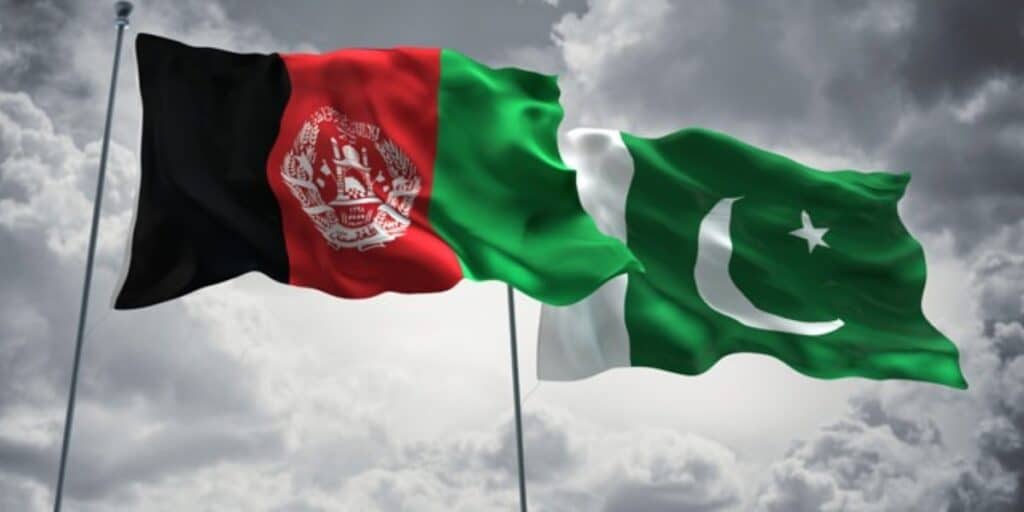Pakistan’s Inter-Services Public Relations (ISPR) has issued a statement on the recent Pakistan–Afghanistan tensions, stressing that the Armed Forces stand ready to defend the country’s territory.
ISPR warned that Pakistan will not tolerate the presence of terrorists on Afghan soil and urged the Afghan government to immediately dismantle India-sponsored terror groups.
The statement said the Taliban regime of endangering regional peace through collusion with India and called on Afghan authorities to stop providing sanctuary to militant elements, or else Pakistan will continue to target those groups being used against it.
According to ISPR, Pakistani forces successfully struck militant camps and training centres inside Afghanistan and responded to cross-border firing and shelling with coordinated ground and air operations.
Precautions were taken throughout to protect civilians and minimise unnecessary damage.
ISPR further reported that Pakistani forces temporarily captured 21 enemy posts during the operations and reiterated Pakistan’s demand that Afghanistan eliminate networks linked to Fitna al-Khawarij, Fitna al-Hindustan and ISIS.
It is worth mentioning that after Pakistan’s air strike on Militants’ haven in Kabul, the Afghan armed forces had launched a massive attack on the border along with Pakistan.
However, Pakistan not only gave a befitting response to the Afghanistan’s attack, but the security forces also successfully targeted the militants’ hideouts deep inside the Afghanistan’s territory.
So far some 200 Afghan militants have been killed and 23 soldiers of Pakistani armed forces have embraced martyrdom.
Exercising its right to self-defence, Pakistan’s alert Armed Forces responded decisively across the entire border, successfully repelling the assault and inflicting severe losses on Taliban fighters and their allied militants.
ALSO READ:Tensions escalate along Pakistan-Afghanistan border after reported airstrikes
Precision strikes and coordinated raids targeted Taliban positions, terrorist camps, and logistics networks inside Afghan territory, including those associated with FAK, Fitna al-Hindustan (FAH), and ISKP/Daesh. Every effort was made to prevent civilian casualties and avoid collateral damage.





